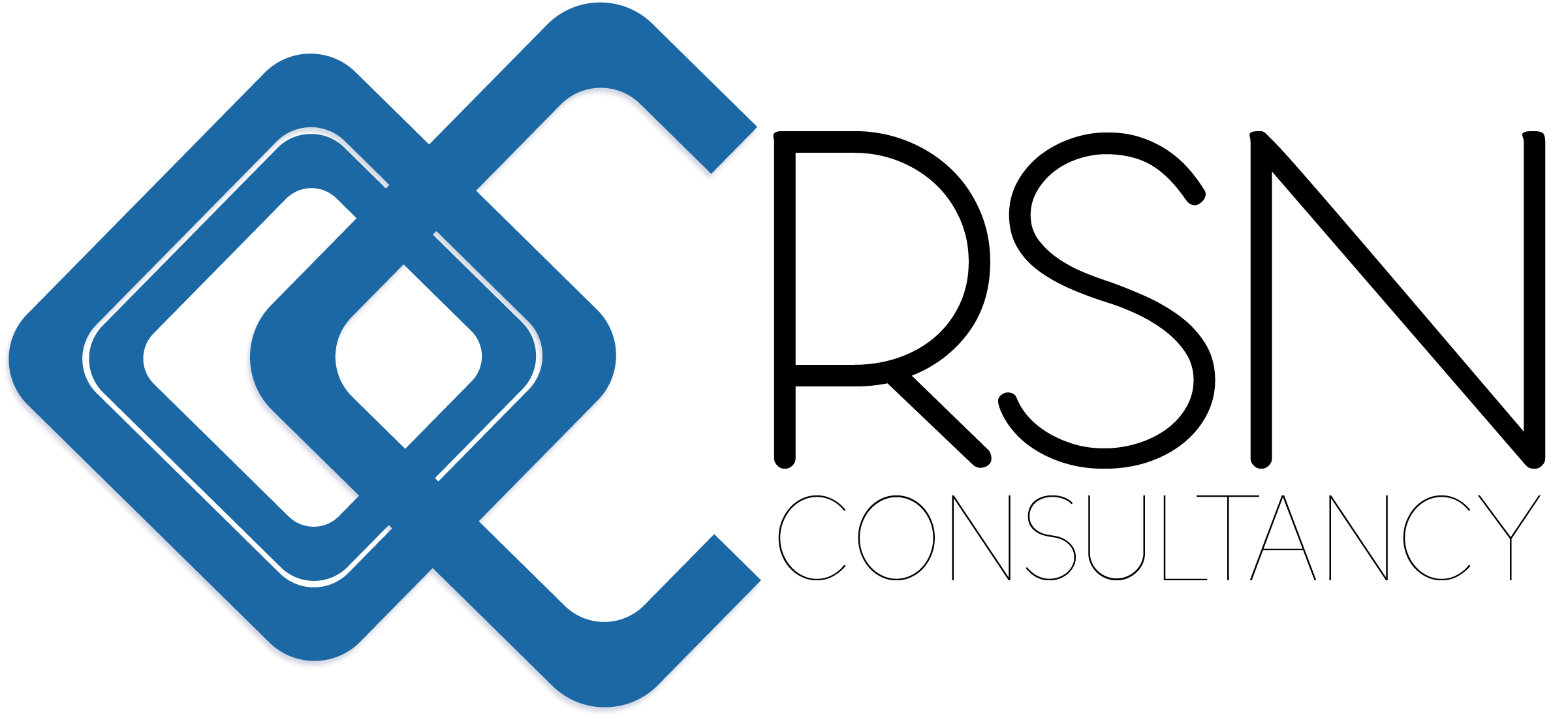UAE VAT Law for Bad Debts
Rajinder Nagiyal
June 15, 2023
UAE VAT Law for Bad Debts
In this pandemic situation I am sure along with me everyone has faced the scenario of default in payment from customer. As the market is not that great and cash flows are tight many companies could not honor their commitment on time. This nonpayment may eventually lead into bad debts. In fact this may not be the only reason; bad debts may be due to various other causes. It could be due to delivery of wrong products or unsatisfied services or products not being upto the mark.
1. Transaction:
As per normal business practices and VAT laws, seller is required to raise the invoice for the sale as soon as the goods are delivered. Once the Tax invoice is raised, it is seller’s responsibility to pay this amount of VAT to the authorities on due date, immaterial whether the same is collected form the buyer or not. Upon due date of payment if the buyer defaults and the amount become irrecoverable then question is how to deal with such irrecoverable VAT amount.
2. VAT LAW on Bad Debts and its Implications:
As per Article 64 of the Federal Decree Law no (8) of 2017 of UAE VAT Law, the UAE has introduced ‘Bad Debts Adjustments’ scheme in order to safeguard the supplier and to recover the VAT amount from the customer.
Under this scheme the Supplier is allowed to reduce their output liability in the VAT Return and the Customer is required to reduce his input VAT in VAT Return during the period when such default has occurred and intimated. However, both the parties can claim relief under this scheme only if they meet a set of conditions ruled out by the Law.
a. Conditions to be met by the Supplier:
The registered supplier to claim the Bad Debts under the Adjustment scheme during a current tax period need to meet the below conditions
- The goods and services have been successfully delivered / rendered and the VAT amount towards the same has been charged and paid to the authority
- The said transaction should be more than Six (6) months old
- The supplier needs to inform the customer in writing of the consideration amount written off for the goods and services provided.
- The supplier books of account need to write off the consideration of the supply either fully or partial as bad debts.
b. Conditions to be met by the Customer:
The customer who has received the goods / services needs to reduce the input Tax during the said period where the payment of the consideration amount has not been honored.
- The intimation has been received by the Customer from the Supplier on the write off of the consideration amount
- The goods / services have been received by the customer and the relevant input tax has been recovered in the previous VAT Returns
- The consideration amount has not been paid for over Six (6) months
When the above conditions are met that’s when the adjustment under the Bad debt Adjustment scheme can be made.
3. VAT Return Form Filing:
The VAT form 201 by the supplier and the customer need to be filed accordingly to claim the Bad Debts Adjustment scheme by the companies.
4. Final Outcome:
Once all the above conditions are met the seller can make the relevant adjustment and can get benefit of this provision. This provision is to ease the cash flow load on the seller in case of default done by the buyer.
As an Accounting firm we ensure that all our clients such related adjustments are taken care of at the right time ensuring that they are covered for such situations. I suggest taking professional guidance to safeguard yourself on such adjustment.
Recent Posts



Have Any Questions?
Lorem ipsum dolor sit amet, consectetur adipiscing elit. Ut elit tellus, luctus nec ullamcorper mattis, pulvinar dapibus leo.
- +971 4 342 3373
- +971 55 975 9746





